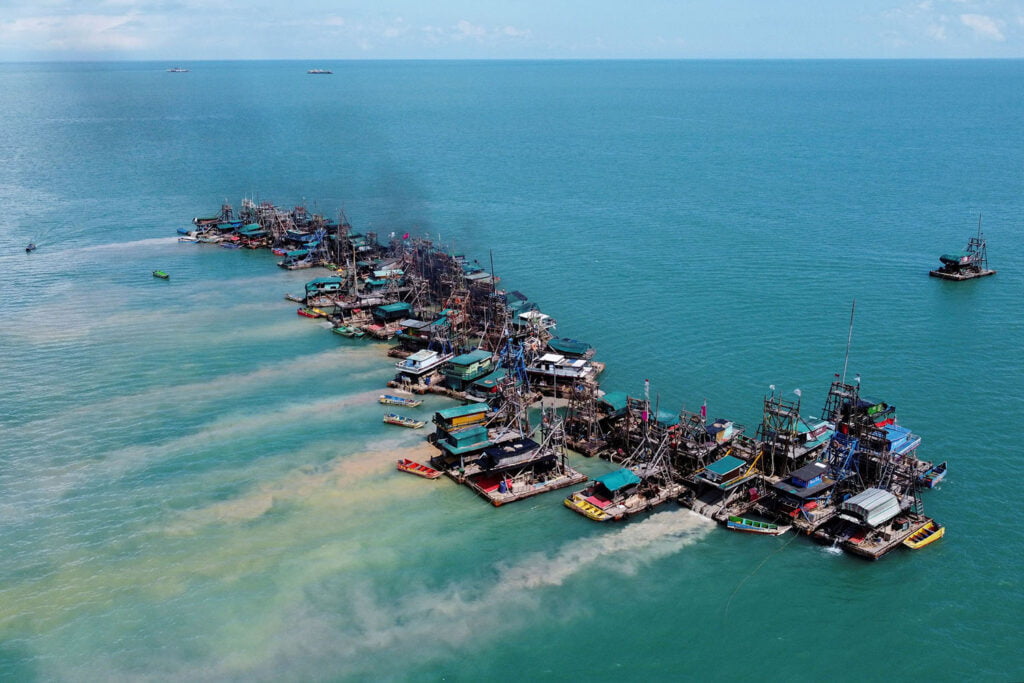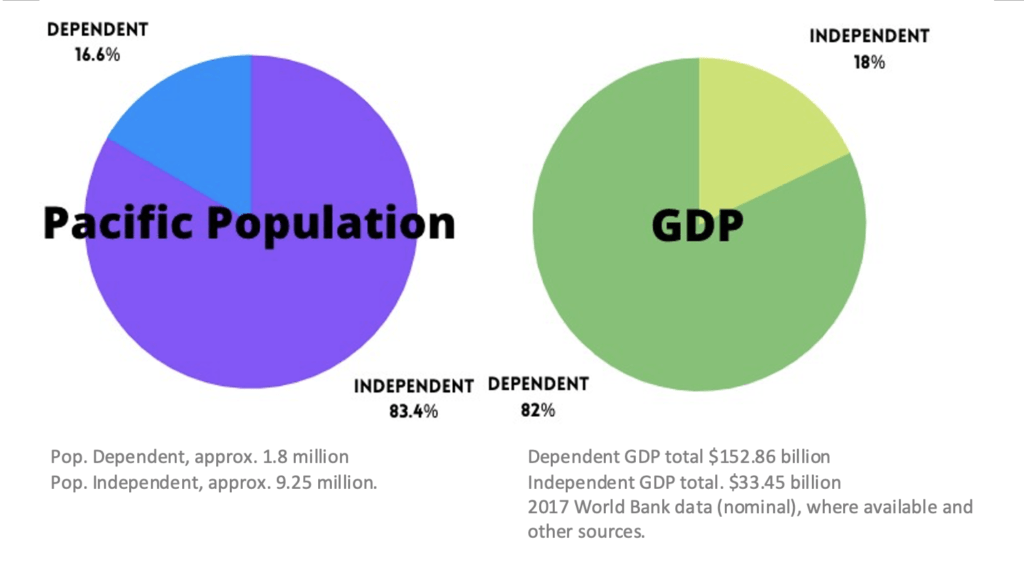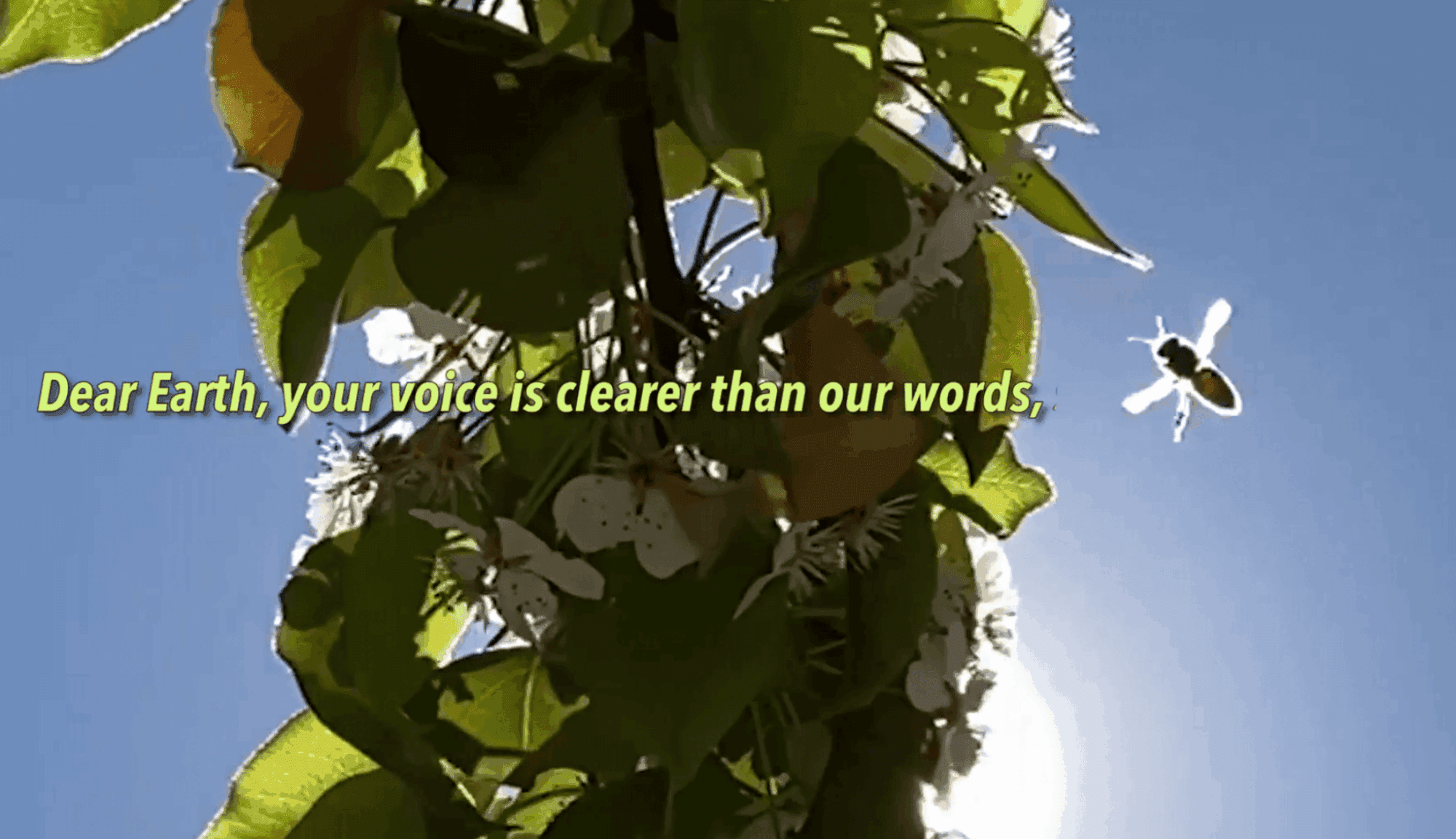
Deep seabed mining (DSM) is the latest extractive industry threatening the ecological biodiversity in a little known frontier we call the deep seabed. The entanglement of extractive industries in the Pacific is a vestige of its racist and imperialist past when the Pacific was little more than a ripe fruit targeted at being picked, a follow-up to economic interests that degrade, deplete, pollute, oppress and profit from a long history of despair, dispossession and alienation. In the Pacific, DSM will exploit our common heritage while undermining the genuine security of our customary ocean home. Yet, the talking heads of these mining interests asserts that for remote islands and poor impacted peoples, this new industry will generate huge economic windfalls and provide the missing piece guaranteeing sustainable development in the Pacific.
There are about 30 Pacific Island Countries and Territories* with varying political and economic administrations. While there are twelve fully independent Pacific Island countries the rest have populations and economies dependent upon colonial or former colonial metropoles amassing an area approximately 31 million square kilometers (19 million sq miles). Pasifika or the Pacific Continent is a body of water that is about as large as the entire land mass of this planet. And within this vast area is a population of about 11 million people, most of them poor by World Bank standards, with the independent countries classified as least developing or low-performing countries. The territories and occupied nations, however, are an exception since their economies are tied to the advanced economies. The populations of these areas while comprising only about 16% of the total regional population, generally reflects the high GDP of the administering powers.

Indeed, perhaps the greatest obstacle for small developing countries under the current economic system is that there are few options outside of tourism and our fisheries for participating in the global economy. We are classified as underdeveloped or low performing because of poor infrastructure, lack of access, or corruption. Our governments are reminded that we are cursed by remoteness and small size and that we are hindered by a reliance upon a development aid scheme that refuses to recognize or value our inherent wealth, since only our extracted resources have a market value. In this context, one can perhaps see why DSM appears as an attractive option to the developing states of the Pacific.
Consider Nauru, for example, a small Pacific Island state once rich with guano. After having depleted its commodity resource it was close to becoming a failed state, with few available options for viably participating in the global economy. Nauru has since become an offshore tax haven for the rich and a detention center for migrants seeking asylum in Australia. Although the detention centers are closed, this tiny country had become notorious for human rights abuse and global health violations from lack of infrastructure and oversight. Nauru is now the target for DSM, which the government wholly embraces despite the regional protests of Pacific peoples who understand that the promotion of this industry will create conditions that will not only threaten the biodiversity of the region but disrupt the traditional livelihoods that people and communities depend upon.
The proponents for DSM– investment regimes, the military subcontractor Lockheed-Martin, many in the tech industry who greenwash precautionary principles by asserting that the minerals in the deep seabed will lower greenhouse gas emissions–are looking to secure licensing with small island states and are offering what seem like lucrative contracts to fragile Pacific Island governments. The ISA, the International Seabed Authority, tasked with protecting our common heritage of humankind, is ultimately deciding upon the future of DSM. But DSM is not simply another fruit to be picked, a benign nodule that has fallen from a fruit tree to be sold at the market. DSM is an extractive industry predicated upon the inherent racism, degradation and depletion of our human dignity and ecological wellbeing. The heritage of humankind should be measured by our interconnectedness with life, our mutual interaction with people and planet.
Against this seemingly inevitable buildup towards DSM, over the last decade environmental, scientific, indigenous and civil society organizations have all flagged precautions against DSM. People are organizing to resist DSM through a moratorium or ban on mining. The Pacific Conference of Churches have also put forward a spiritual dimension challenging DSM and the further degradation and depletion of our regional resources, arguing that our wellbeing is intrinsic to our interactions with the ocean, our home and our economy.
Framing the Problem: It’s Accounting Stupid!
The question we should be asking is how it has come to be that a territory as vast as the Pacific Continent, rich with culture, traditional practice, and an immense ecological biodiversity has one of the lowest performing measurements of GDP per capita? Pacific peoples should be the wealthiest in the world. with per capita wealth like the fictional country of Wakanda from the movie Black Panther, or at least Dubai.
When advanced economies exclude countries based upon their lack of commodities or resources for exploitation, that is not the failure of small countries, it is the failure of an international accounting regime that has willfully and woefully excluded populations for the benefit of embracing their own industries and profit.
When advanced economies exclude countries based upon their lack of commodities or resources for exploitation, that is not the failure of small countries, it is the failure of an international accounting regime that has willfully and woefully excluded populations for the benefit of embracing their own industries and profit. This is the institutionalized theft and legalized fraud common to the economics of extraction.
Countries like Nauru with its population of just over 10,000 shouldn’t be cozying up with DSM industrialists just to receive a piddling of percentage points of profits and some infrastructure. Rather, a Pacific-wide population of 11 million responsible for the ecological stewardship of 31 million sq. kilometers has tremendous value if we were to measure our economies according to conservation systems rather than in extraction, degradation and depletion. Yet there is no inclusion for this data in the current economic accounting system.
Revisions of the UN System of National Accounts (SNA), as far back as 1993, included considerations to account for ecological degradation and depletion. Yet despite revisions and alternative accounting programs, they were continually rejected, accused of being too experimental. On the other hand, the inclusion of military systems and R&D is deemed legitimate because somehow “national security” and “anticipated losses” could be adjusted into GDP aggregates. The accounting of degradation and depletion could have already begun to reverse greenhouse gases in our atmosphere, reduced poverty indicators globally, and provided greater protections to our ecological biodiversity decades ago.
In 2021, the UN Statistical Division did finally adopt a System of Environmental and Economic Accounts (SEEA), even though it was far less rigorous than the 2003 manual. With each revision, the influence of industrialized economies readily dismissed the obligations of good environmental governance, until it could mainframe a system that would ultimately benefit corporate investment and privatization regimes.
If we were to charge industrialized economies with an unprincipled, immoral global negligence, the perpetrators would be those who would sacrifice our climate security to ensure that all our natural assets would conform to a market economy. Unless our Pacific leaders can initiate their own regional accounting revisions, small Pacific Island states will never be able to contribute to the global economy on par with other regions. Governments should be lobbying the UN Statistical Division to demand that they explore alternative accounting methodologies that benefits all regions, not just industrialized ones.
Spirituality and Wellbeing are Rightsholders in the Global Economy.
Until we begin the process for revising our national accounts we need an accounting that is informed by our spirituality and wellbeing. We cannot genuinely understand the value of our ecological biodiversity, until we have a principled and moral base with which we can measure our interactions with people and our environments. This is not to say that organized religions should determine an economic value based upon our spiritual practice, rather, that our houses of worship are like divining rods guiding our assessment of what is pure and sacrosanct in the wellbeing of our people. And it is precisely this fostering of our wellbeing that is grossly lacking from our economics.
An organization is challenging this very issue. The IF20, a G20 Interfaith Forum, is promoting a webinar, “Ecological Racism and Deep-Sea Mining in the Pacific.” One of the organizers of this event, Rev Dr Upolu Luma Vaai from the Pacific Theological College in Fiji– at the forefront of addressing ecological issues regionally– forwards that “racism is not just a human issue, it is also an ecological issue,” and it is the very systemic racism inherent in the global economic system that threatens our ecological regional stability.
If the “antidote for ecological racism is to accept and embrace the full dignity and sacredness of ecology,” then the outcome of this meeting should be to identify actionable paths where the anti-racism initiative in the IF20 can influence policy making both in the Pacific and the international community. It is precisely through the actionable path of ecological accounting, that spirituality and wellbeing can begin to repair the damage from commodity driven mining ventures.
Ending the Violence of GDP.
If we are proposing to revise National Accounting systems to be reflective of equity, human dignity and community self-determination, we need to have a much more robust conversation about the international classification of indicators and how we measure and value our economic interactions with people and planet.
For the weight that GDP is given, it provides a very poor measurement of the global economy and is arguably the leading structural deficiency most responsible for climate change, the loss of our ecological biodiversity, and conditions of poverty on our health and wellbeing.
Factors of production and consumption, distribution and exchange of our goods and services are economic aggregates, and as such have been used extensively to determine the wealth of our economies. The current global standard is GDP 0r Gross Domestic Product, and certainly since it was adopted as a standard measurement in the post-war era, it has been described as an economic mirror measuring the inputs and outputs of production and consumption and the flow of capital between countries. But for the weight that GDP is given, it provides a very poor measurement of the global economy and is arguably the leading structural deficiency most responsible for climate change, the loss of our ecological biodiversity, and conditions of poverty on our health and wellbeing.
There are historical postwar reasons that GDP was adopted to be the global standard for measuring our economy, and it has not come without cautionary warnings of what an unprincipled pursuit over these standards would result in and the potential negative impacts on the health and wellbeing or our populations. By ignoring the warnings of national accounting requiring comprehensive and considerable adjustment and engagement with global needs, GDP has ceased to be a useful measurement of our economic interactions and has instead become a weapon, a tool for oppression, degradation, depletion and wealth consolidation.
Simply put, economies measure our interactions with each other and environments and if all we are doing is measuring industrial inputs and outputs, then we are reflecting an economic measurement that is as accurate as a house of mirrors at an amusement park fun house.

Towards a Fair and Just International System of Ecological Accounting
For the Pacific, the decision is simply whether the region wants to advance climate objectives on its own, or wait for the industrialized Global North to invent another eco-neoliberal top-down consent scheme that will provide some immediate cash in hand while greenwashing climate objectives for the benefit of the wealthy few. Since GDP has been weaponized and used to justify systemic theft of human and environmental capital, the authority over the 21st century requires that we immediately put into practice a revised statistical accounting system focusing on the three things that GDP has ignored: global wealth redistribution, reversing climate change, and restoring our ecological biodiversity.
Ecological and economic justice issues like climate change, our ecological biodiversity, systemic racism, and wealth disparities should have always been a factor in the way that we measure national economies. The importance of statistical national accounting is to raise the development and engagement of our populations, which means to end poverty, not cause it; to sustain our common heritage, not exploit it for the benefit of the few; to pursue an accounting of peace, not privilege the profits from war and armaments; and to promote health and wellbeing, and recognize that what is spiritual is our planet and the interdependence of life.
We know that ecological accounts can be financialized and self-sustaining, so it is important that the Pacific establishes a regional regulatory framework that accounts for its ecological data on its own terms. How we do that does not necessitate that we throw the global economy into shock, because there are transitional approaches that governments and national central banks can utilize to adjust new statistical inputs and outputs the same way monetary controls are used to prevent inflation.
What most stands in the way, however, are the industries that cling to their share of global wealth and who have primarily benefited from the social instability caused by exploitation, degradation, and depletion. Captains of industries have the means to incentivize all kinds of destabilizing, obstructive, and containment strategies but they also have the ability to cooperate and understand that co-opting or controlling environmental and social governance should not be their sole objective. We are all responsible for our collective future and should work together to shift our statistical global accounts to reflect the needs of future generations. Transitioning our global economy should not be a top-down policy initiative, but a bottom-up peoples approach that is inclusive not exclusive; with benefits that are accountable to all rather than arbitrary and capricious for the few.
Disentangling extractive industries from the Pacific is a moral obligation that speaks to the systemic racism and disregard for our ecological biodiversity. Deep seabed mining is no different from the terrestrial degradation and depletion that has impeded the development of our own ecological and economic interactions. If we are to repair this systemic fraud around national accounting systems, the only action is systemic reparations. If only as an anti-racism initiative, the ISA needs to recognize that the common heritage of our ocean is not simply another fruit to be picked. Our common heritage of humankind is our interaction with people and planet.
*Occupied or dependent territories include Christmas, Cocos, Norfolk (Australia), Rapanui or Easter Island (Chile), West Papua (Indonesia), New Caledonia, French Polynesia, Wallis and Futuna (France), Cook Islands, Niue, Tokelau (NZ), American Samoa, Guam, Hawaii, Northern Marianas Islands (US), and the Pitcairn Islands (UK).
